- Free comprehensive telehealth services provided to adults with type 1 diabetes now available in five states
- Over 450 people received Blue Circle Health services this year
- Expansion supports mission to improve type 1 diabetes health outcomes and inform new care models
Blue Circle Health, a 501(c)(3) nonprofit organization dedicated to improving the health of people with type 1 diabetes (T1D), announced the expansion of its T1D telehealth care, education, and support program to Delaware and Ohio in November, 2024. Already active in Florida, Maine, and Vermont, with other states on the horizon, Blue Circle Health has provided multidisciplinary support to more than 450 adults with T1D since January 2024.
“The current design of the US health system makes it difficult for someone with a chronic disease like T1D to access what they need to live a healthy life. People with T1D face a shortage of endocrinologists, the high cost of medications and supplies, and a lack of insurance reimbursement for necessary education and support services. We are excited to expand to Delaware and Ohio, to help adults with T1D overcome these barriers and empower them to develop the skills and confidence to thrive,” said Leonard D’Avolio, PhD, chief executive officer of Blue Circle Health. “By designing a model based on what people need, as opposed to what is currently reimbursed, we hope to inform better care to improve health outcomes in T1D and other chronic diseases.”
Blue Circle Health develops a personalized care plan for each participant, tailored to their unique needs, and offers comprehensive multidisciplinary support over a six-month period. Accessible via phone, text, and video, the program includes services such as endocrinology care, diabetes and nutrition education, peer support, diabetes-focused counseling, assistance with navigating insurance, and referrals to community resources for housing, employment, and food access.
Blue Circle Health is an extension of the participants’ existing in-person care team. It provides regular updates on progress and challenges to providers to ensure the continuum of care. Participants also have access to a prescription assistance program and a free continuous glucose monitor (CGM) trial program. Blue Circle Health’s services are provided at no cost to people with T1D due to philanthropic funding from The Leona M. and Harry B. Helmsley Charitable Trust.
“Type 1 diabetes is a chronic autoimmune condition that requires constant self-management and complex decision-making to avoid serious complications like blindness, neuropathy, kidney failure and even death,” said Natalie Bellini, Doctor of Nursing Practice, an endocrine nurse practitioner and the program director for diabetes technology at University Hospitals Diabetes and Metabolic Care Center in Cleveland, Ohio. “I’m excited to be able to refer patients to Blue Circle Health so that they can get help accessing the necessary tools and education to effectively manage their condition.”
The program is available to people 18 years of age and older that speak Spanish or English, regardless of insurance coverage or citizen status. The program has thus far served a diverse patient population including participants who are uninsured, with government sponsored insurance (Medicaid or Medicare), unemployed, or on disability.
Early data from the program underscores the importance of offering not just clinical but supportive services to people with T1D and other chronic conditions. The majority of participants have opted into services that are not traditionally widely available or covered by health insurance. For example, all patients benefit from peer support provided by fellow adults living with T1D. To date, 70% of participants request and receive insurance navigation support, which helps them understand and make the most of their health insurance benefits. More than 60% receive ongoing education and nutrition support fundamental to managing T1D.
The need to overcome barriers to accessing needed medications and supplies is also becoming apparent. To date, 33% of participants have requested and received access to a supply of continuous glucose monitors, which are standard of care for people with T1D and 41% have qualified for and received financial assistance for needed drugs and supplies.
“Blue Circle Health gave me the tools, resources, and support to live a bigger life with my T1D,” said Susan Nash, a program participant. “I have a great endocrinologist, but I see him infrequently. Blue Circle Health’s dietician, social worker, nurse practitioner and diabetes support guides helped me prepare for unexpected situations and manage my diabetes in a way that improved both my physical and mental health.”
